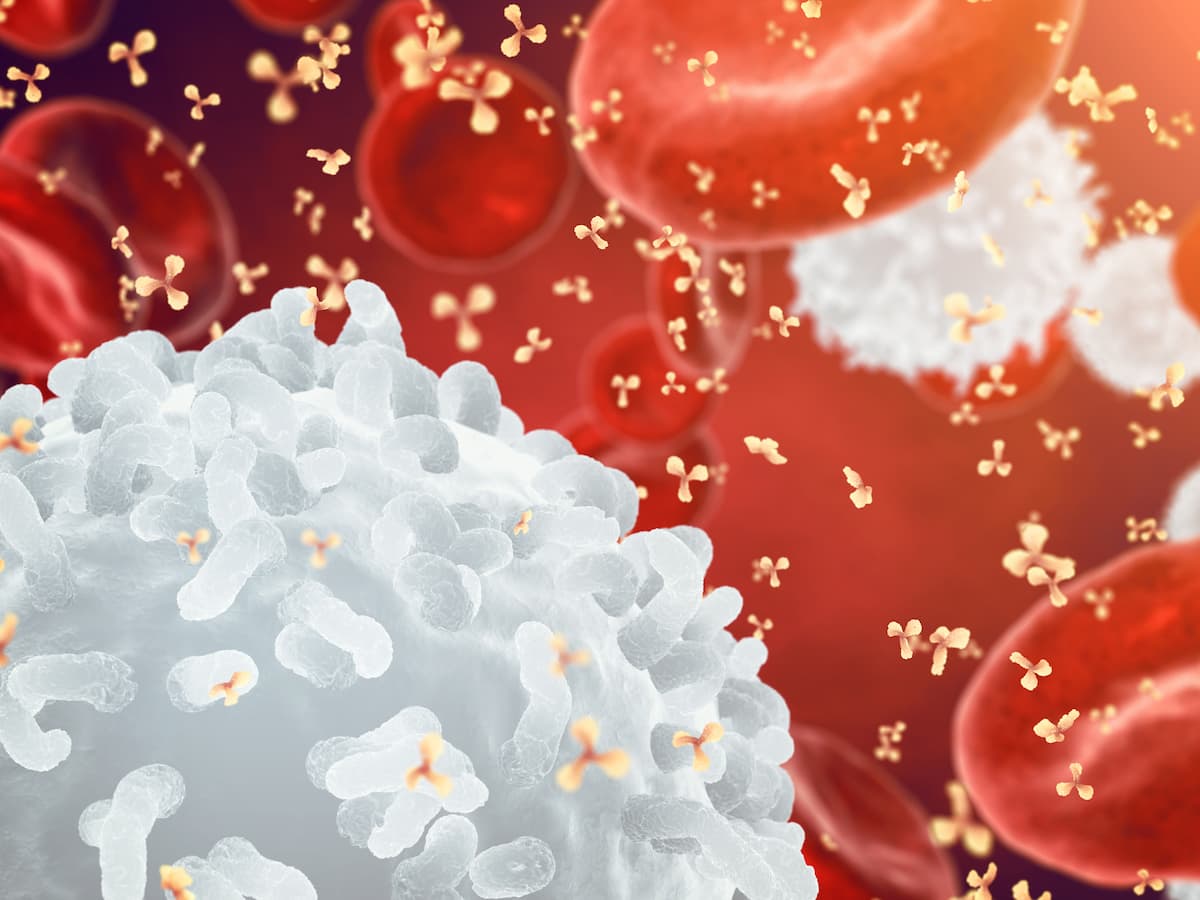
FDA Grants Approval to Axi-Cel for Adults With LBCL Following First-Line Chemoimmunotherapy

Based on results of the ZUMA-7 trial, the FDA approved axicabtagene ciloleucel for the treatment of certain patients with large B-cell lymphoma who received chemoimmunotherapy in the frontline setting.
Axicabtagene ciloleucel (axi-cel; Yescarta) was approved by the FDA for the treatment of adult patients with large B-cell lymphoma (LBCL) whose disease was refractory to or which relapsed within 12 month after first-line chemoimmunotherapy, according to a press release from the FDA.1
At a median follow-up of 24.9 months, findings showed that the median EFS for patients treated with axi-cel and SOC were 8.3 months (95% CI, 4.5-15.8) and 2.0 months (95% CI, 1.6-2.8), respectively (HR, 0.398; 95% CI, 0.308-0.514; P <.0001). The corresponding 2-year EFS rates were 40.5% (95% CI, 33.2%-47.7%) and 16.3% (95% CI, 11.1%-22.2%) in each respective group.
Updated findings showed that independent review committee–assessed best objective response rate was significantly improved with axi-cel at 83% (95% CI; 77%-88%) vs 50% (95% CI; 43%-58%) with SOC.
Standard of care in the second-line curative setting is salvage chemotherapy followed by consolidation high-dose therapy (HDT)–autologous stem cell transplant (ASCT). However, many patients with poor prognosis are unable to compete therapy. In ZUMA-7, about 35% of patients in the SOC arm went on the receive on-protocol ASCT. Lack of chemotherapy response was most cited as a reason for not receiving ASCT.
Axi-cel is already approved for use to treat numerous hematologic malignancies, including indications in diffuse large B-cell lymphoma and follicular lymphoma. The treatment carries a boxed warning for cytokine release syndrome and neurologic toxicities, which are common adverse effects associated with this class of therapy.
The recommended dose of axi-cel in 2 × 106 CAR-positive viable T cells/kg, with a maximum of 2 × 108 CAR-positive viable T cells.
References
- FDA approves axicabtagene ciloleucel for second-line treatment of large B-cell lymphoma. News release. FDA. April 1, 2022. Accessed April 1, 2022. https://bit.ly/3LAUUFD
- Locke F, Miklos DB, Jacobson CA, et al. Primary analysis of ZUMA‑7: a phase 3 randomized trial of axicabtagene ciloleucel (axi-cel) versus standard‑of‑care therapy in patients with relapsed/refractory large B-cell lymphoma. Presented at: 2021 ASH Annual Meeting and Exposition; December 11-14, 2021; Atlanta, GA. Abstract 2.
Newsletter
Stay up to date on recent advances in the multidisciplinary approach to cancer.





































